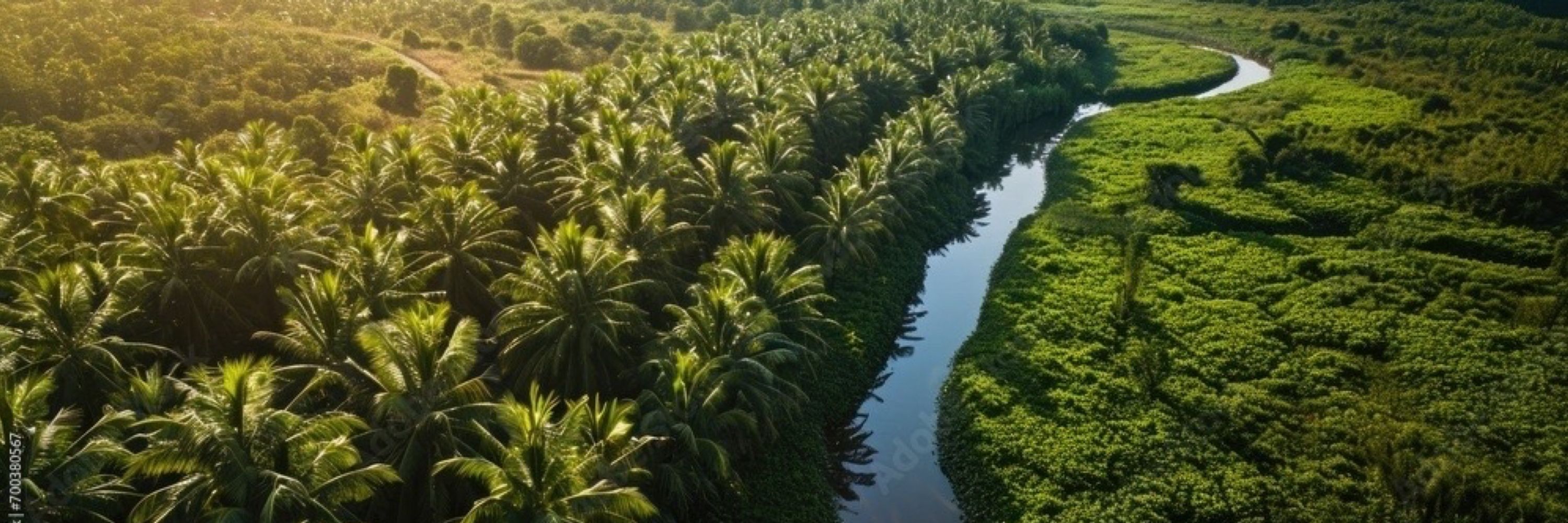
142857 × 2 = 285714
142857 × 3 = 428571
142857 × 4 = 571428
142857 × 5 = 714285
142857 × 6 = 857142
It’s like 7 “owns” this secret rotating pattern hidden in our number system
142857 × 2 = 285714
142857 × 3 = 428571
142857 × 4 = 571428
142857 × 5 = 714285
142857 × 6 = 857142
It’s like 7 “owns” this secret rotating pattern hidden in our number system
Growing different crops in cycles helps prevent pests, & keeps soil nutrients balanced.
Biochar is a charcoal material made from burning plant waste. When added to soil, it helps retain nutrients, & stores carbon.
Growing different crops in cycles helps prevent pests, & keeps soil nutrients balanced.
Biochar is a charcoal material made from burning plant waste. When added to soil, it helps retain nutrients, & stores carbon.
So while it’s not a collapse, the opportunity cost is significant. We’re not just losing yield. We’re losing resilience.
So while it’s not a collapse, the opportunity cost is significant. We’re not just losing yield. We’re losing resilience.
With population growth and rising demand, the world depends on steady yield increases to maintain food security.
With population growth and rising demand, the world depends on steady yield increases to maintain food security.

